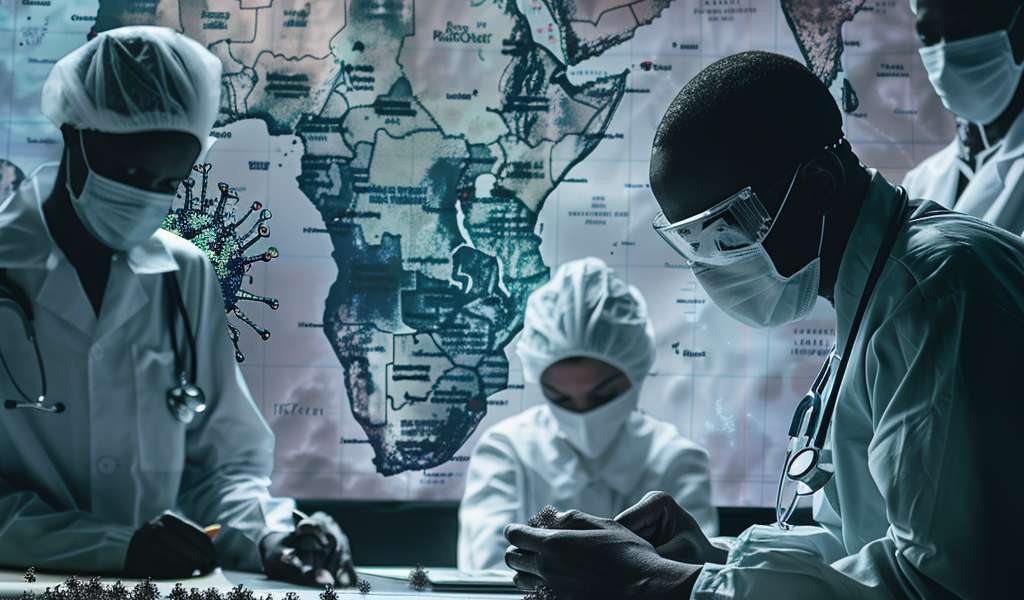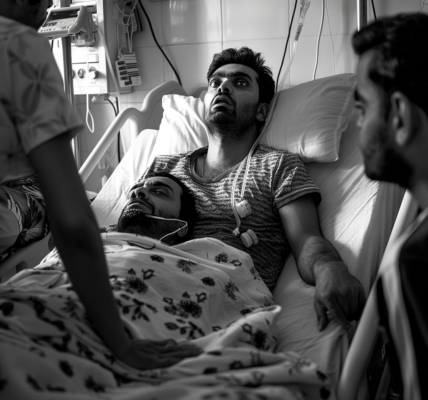The World Health Organization (WHO) has raised alarms regarding a potential international emergency due to an outbreak of monkeypox, particularly a new and more lethal strain emerging from the Democratic Republic of Congo. The statement was made by WHO Director-General Tedros Adhanom Ghebreyesus, who is contemplating the convening of a committee of experts to assess the situation and determine if the ongoing epidemic warrants a declaration as a Public Health Emergency of International Concern (PHEIC).
In recent communications, Ghebreyesus emphasized the urgency of the situation, noting that the WHO, along with the African Centers for Disease Control and Prevention, is intensifying efforts to curb the virus’s spread. He highlighted the necessity for enhanced funding and support to implement a comprehensive response to the outbreak.
On July 11, the WHO issued a warning about the global health threat posed by monkeypox, particularly focusing on the alarming rise of cases in several African nations, including Burundi, Ivory Coast, Kenya, Rwanda, and Uganda. The Democratic Republic of Congo has reported over 11,000 cases of monkeypox, resulting in approximately 450 fatalities. This surge in cases has raised concerns among health officials about the potential for the virus to spread beyond its current geographical confines.
Monkeypox was first identified in humans in 1970 in what is now the Democratic Republic of Congo. The virus primarily spreads through contact with infected animals, including through the consumption of their meat. Historically, the spread of the virus has been largely contained within West and Central Africa, but the recent spike in cases has prompted a reevaluation of its potential threat to global health.
Two years ago, the WHO declared monkeypox a public health emergency of international concern in July 2022, a designation that signifies the highest level of alarm. However, this alert was lifted in May 2023 as the situation appeared to stabilize. The reemergence of cases, particularly from a new strain, has prompted the WHO to reassess its position.
As the situation develops, Ghebreyesus’s consideration to reconvene the Emergency Committee on International Health Regulations is a critical step. This committee comprises experts who provide guidance on health emergencies and can recommend whether the WHO should elevate the status of the outbreak.
The WHO’s recent statements underscore the importance of international collaboration and resource allocation in tackling the monkeypox outbreak. With the potential for the virus to spread further, health authorities are urged to remain vigilant and proactive in their response efforts.
The global health community is watching closely as the WHO considers its next steps. The implications of this decision could have far-reaching effects on public health policies and preventive measures in the affected regions and beyond.
As the world grapples with various health challenges, the emergence of a more deadly strain of monkeypox serves as a reminder of the need for preparedness and swift action in the face of potential health crises. The WHO’s ongoing assessments and recommendations will be crucial in shaping the response to this evolving situation.





